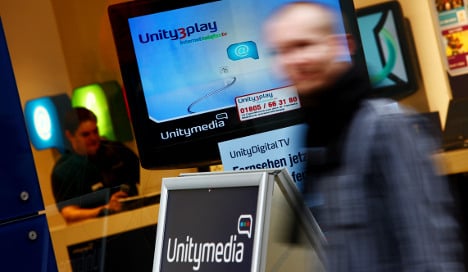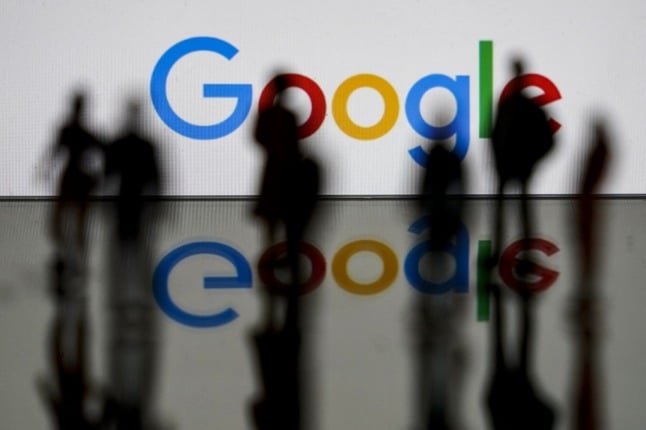LGI said it is paying €2 billion for Unitymedia, which has €1.5 billion in debts, valuing the transaction at €3.5 billion.
Liberty Global, part-owned by media mogul John Malone, was formed by the 2005 merger of Europe’s then-largest cable operator, UnitedGlobalCom, and Malone’s Liberty Media International.
“The addition of Unitymedia not only enhances our European presence, but adds significant scale to our global operations, as our footprint, including Unitymedia, will exceed 40 million homes,” LGI head Mike Fries said.
The takeover is expected to be completed during the first half of 2010, pending regulatory approval, Unitymedia said in a statement. It is currently majority-owned by private equity firms BC Partners and Apollo Management.
On September 30, LGI’s networks served around 17 million customers across 14 countries principally located in Europe, Japan, Chile, and Australia. Its brands include UPC and Telenet in Europe, VTR in the Americas and J:COM in the Asia-Pacific region.
Unitymedia is the largest cable television operator in the German states of North Rhine-Westphalia and Hesse, which are among the most prosperous and densely populated regions in Germany and Europe.
Its cable footprint, passing approximately 8.8 million homes, covers ten of the 20 largest cities in Germany, including Cologne, Duesseldorf and Frankfurt.
The firm was created by the merger in 2005 of cable operators Ish in North Rhine-Westphalia and Iesy in Hesse, into which were also integrated the activities of Telecolumbus West.



 Please whitelist us to continue reading.
Please whitelist us to continue reading.
Member comments